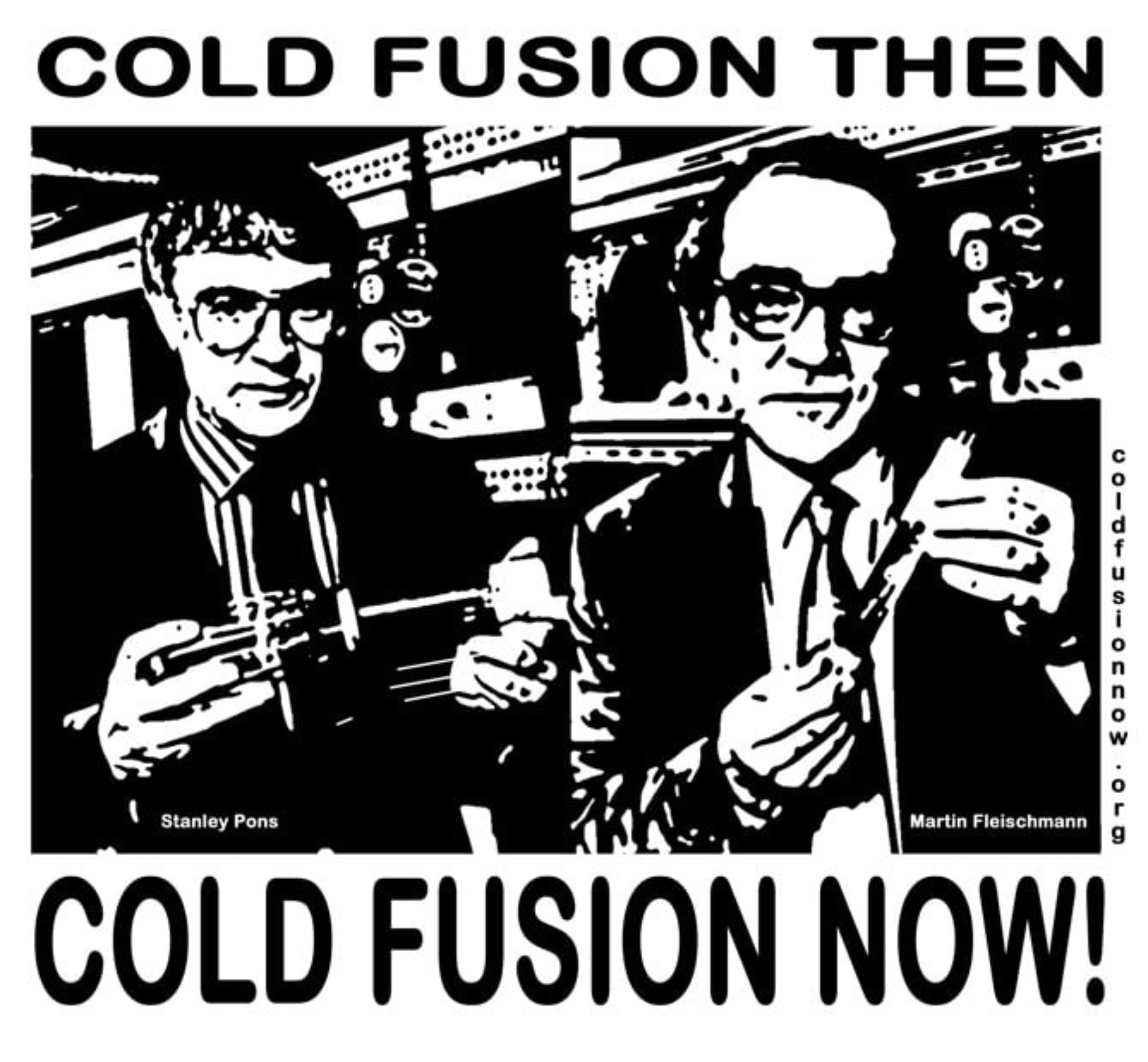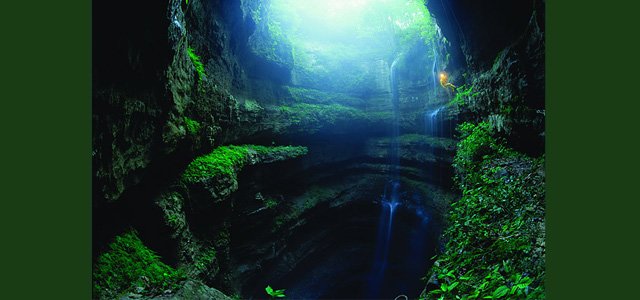Become a Member
Regional Chapters of the Society for Ecological Restoration
Chapters play a crucial role in fulfilling the Society’s mission. Led by dedicated volunteers, SER Chapters focus on local issues and give our members the opportunity to mobilize and engage in regions around the world. We are proud to partner with our chapters in Australasia, Asia, Europe and North America to advance our common goals.
Asia SER Nepal Chapter: Established in 2011 and serving members in Nepal
Australasia SER Australasia Chapter: Established in 1999 and serving members in 17 countries throughout Australasia
Europe SER Europe Chapter: Established in 2001 and serving members in Europe and the British Isles
North America
SER British Columbia Chapter: Established 1999 and serving members in British Columbia, Canada
SER Central Rockies Chapter: Established in 1996 and serving members in Colorado and Wyoming
SER Great Basin Chapter: Established in 2011 to serve members in Utah, Nevada, southern Idaho, southeastern Oregon and eastern California
SER Mid-Atlantic Chapter: Established in 2004 and serving members in Maryland, New Jersey, New York, Pennsylvania, Delaware, Virginia, West Virginia and the District of Columbia
SER Midwest-Great Lakes Chapter: Established in 2008 and serving members in Indiana, Illinois, Ohio, Michigan, Minnesota and Wisconsin
SER New England Chapter: Established in 2005 and serving members in Maine, New Hampshire, Vermont, Massachusetts, Rhode Island and Connecticut
SER Northwest Chapter: Established in 1992 and serving members in the Cascadia Bioregion, including Alaska, Idaho, Northern California, Montana, Oregon and Washington
SER Ontario Chapter: Established in 1994 and serving members in Ontario, Canada
SER Southeast Chapter: Established in 1995 and serving members in Alabama, Florida, Georgia, Kentucky, Louisiana, Mississippi, North Carolina, South Carolina and Tennessee
SER Southwest Chapter: Established in 2011 and serving members in Arizona, New Mexico, Utah, southern Nevada and southern California
SER Texas Chapter: Established in 1995 to serve members in Texas
Cold Fusion Now Activist Report
As cold fusion LENR technology matures with market applications, I can not help but reach out to those who I hope most to succeed. Environmental Remediation (removal of toxins or radio-actives) and Environmental Restoration (ecology revival) are fairly new industries with an impressive growth rate.
The science of LENT – low energy nuclear transmutations, for the first time, allows us to advance beyond the contain or bury “solution” for nuclear waste; supplying a method to transmute these from harmful to benign elements.
Almost as a side benefit, (considering the boon of the aforementioned LENT technology) LENR energy will benefit the peoples of the Society for Ecological Restoration, as it will all of us, with reduced energy expenses. (restoration/remediation projects have high energy costs)
Ecological restoration and environmental remediation will be empowered and enabled by the recent validation of marketable LENR energy and emerging LENT (transmutation science). These folks deserve it, their hearts are in the right place as well as their brains.
Become a member, attend their 25th anniversary celebration, and watch this fast growing industry.
As the oil, coal, and U238 energy industry and infrastructure collapses there will be lots of more clean-up projects going on. Cold fusioneers seeking employment should attend. Exciting opportunities can be found. We will be creating them. Cold Fusion Now.
“Reflections on the Past, Directions for the Future”
Thanks be – gbgoble – 2013
The SER2013 World Conference on Ecological Restoration and 25th Anniversary
Reflections on the Past…
Directions for the Future
The SER2013 World Conference on Ecological Restoration: Reflections on the Past, Directions for the Future will bring together more than 1,200 delegates from around the world interested in the science and practice of ecological restoration as it relates to natural resource management, climate change responses, biodiversity conservation, local and indigenous communities, environmental policy and sustainable livelihoods.
SER2013 is the 5th World Conference of the Society for Ecological Restoration
It is no secret that today’s world is struggling with the challenges of climate change, biodiversity loss, sustainable resource extraction and human poverty. Here at SER, we stand firm in our belief that ecological restoration plays a crucial role in mitigating and adapting to these challenges. We envision a future where ecological restoration is widely and effectively implemented to re-establish and enhance biodiversity, ecosystem services, and human well-being. Since our incorporation in 1988, we have made it our mission to advance the field of ecological restoration.
Global Network
SER has grown into one of the world’s leading global networks dedicated solely to the science and practice of ecological restoration.
-Established chapters to advance our mission in fourteen regions around the world
-Expanded our network to include members in over 70 countries around the world, solidifying a global voice behind ecological restoration
-Hosted world conferences in Spain, Australia, Mexico, Canada, England and the United States to allowed academics, practitioners, and students come together to exchange ideas, showcase their work, forge new alliances and participate in workshops, field trips and other educational activities
Policy and International Collaboration
SER participates in international fora that engage the public, private and NGO sectors at global, regional, national and local levels, to advocate for the use of appropriate, participatory, and knowledge-based restoration activities. Click here for detailed information on all of SER’s global partnerships.
– Established partnership with the Secretariat of the Convention on Biological Diversity (CBD) in 2007 to collaborate on the ways and means to support ecosystem restoration as a practical tool for the Parties to the Convention
– Entered agreement with the Ramsar Convention on Wetlands and participated with the preparation of proposals for updating and expanding existing Ramsar guidance on the restoration and rehabilitation of lost or degraded wetlands
– Contributed to various IUCN ‘Internional Union for the Conservation of Nature’ commissions and initiatives over the past decade
– Launched initiative with the Wildlands Network to bridge the gap between the science and practice of ecological restoration and the practice of conservation biology and landscape ecology within the context of connecting regionally significant fragmented wildlands in North America.
Publications and Resources
SER distributes a variety of publications and resources aimed at education, practical application and awareness.
-Launched the Global Restoration Network, an online database that links research, projects, and practitioners around the world
-Established book series on ecological restoration in collaboration with Island Press to create a forum devoted to advancing restoration science and practice through an interdisciplinary approach
-Produced Restoration Ecology, a peer-reviewed journal that highlights the results of restoration projects worldwide as well as scientific advances, practical implications, lessons learned and new perspectives
-Developed the SER Primer on Ecological Restoration (pdf), a concise statement of restoration principles and includes a clear definition of what restoration is, how it is planned, conducted, and evaluated, and how it coordinates with related disciplines
-Released Investing in our Ecological Infrastructure (pdf), a timely and relevant brochure, to highlight the economic benefits inherent in ecological restoration projects
Introduced conversation on the role of ecological restoration in mitigating climate change and ongoing biodiversity loss through Opportunities and Challenges for Ecological Restoration within REDD+ (pdf)
Cold Fusion Now Acivist Letter Sent
To The Society for Ecological Restoration
Dr. Dhanajay Regmi, Professor Kingsley Dixon, Vern Newton, Norbert Hölzel, Tamara Bonnemaison, Wendy Horan, Professor Eric Higgs, Professor Mark Paschke, Nancy Shaw, Michael Leff, Nancy Sherman, Bruce Pluta, Dennis Burton, Professor Roger Anderson, Professor Young D. Choi, Mickey Marcus, Denise Burchsted MD, Jules Opton-Himmel, Allison Warner, Dr. W. Barry Southerland, Rolf Gersonde, Ray Entz, Sal Spitale, Professor Stephen Murphy, Jennifer Franklin, Charlotte Reemts, Kelly Lyons, Marissa Sipo
Respectfully to each of you…
and your colleagues,
I would like to discuss Cold Fusion / LENR Energy and LENT Science.
My hope is that you will make this a highlight at your upcoming international conference (SER 2013).
These three articles will show you the importance of this emerging clean energy technology.
Please call and discuss the possibilities.
Nearly Free and Unlimited – Totally Nonpolluting
Benign Transmutation of Radioactive Elements
Energy and Science to Empower and Enable Ecological Restoration and Environmental Remediation
On a Scale Never Seen Before
This century will be known as…
The Century of Ecological Restoration and Environmental Remediation
“Andrea Rossi’s Third Party Report Released”
“Field Work of Cesium Decontamination by Nano Silver”
“Oilprice.com Links COT and New Energy Breakthrough”
NASA sees LENR energy as the solution to global warming and all our energy needs.
At a fraction of present energy costs.
Go to… * (NASA Technology Gateway) * (NASA Climate Change) * (NASA LENR Video) *
Imagine all the people working in the Society for Ecological Restoration, empowered and enabled.
Thank you for the loving works you do… we love you.
I look forward to speaking with you.
Gregory B. Goble (Cold Fusion Now .Org – Activist and Writer)
(415) 724-6702



Just like to Thank Ruby, Greg and all the others for doing the work that should be done by governments, science etc. if they were not all to busy looking after themselves.
If governments etc are not there to introduce all ideas and technology to benefit mankind, then would we not be correct to say that the wrong people are in these positions of “Power.”.
Maybe time for a few changes.